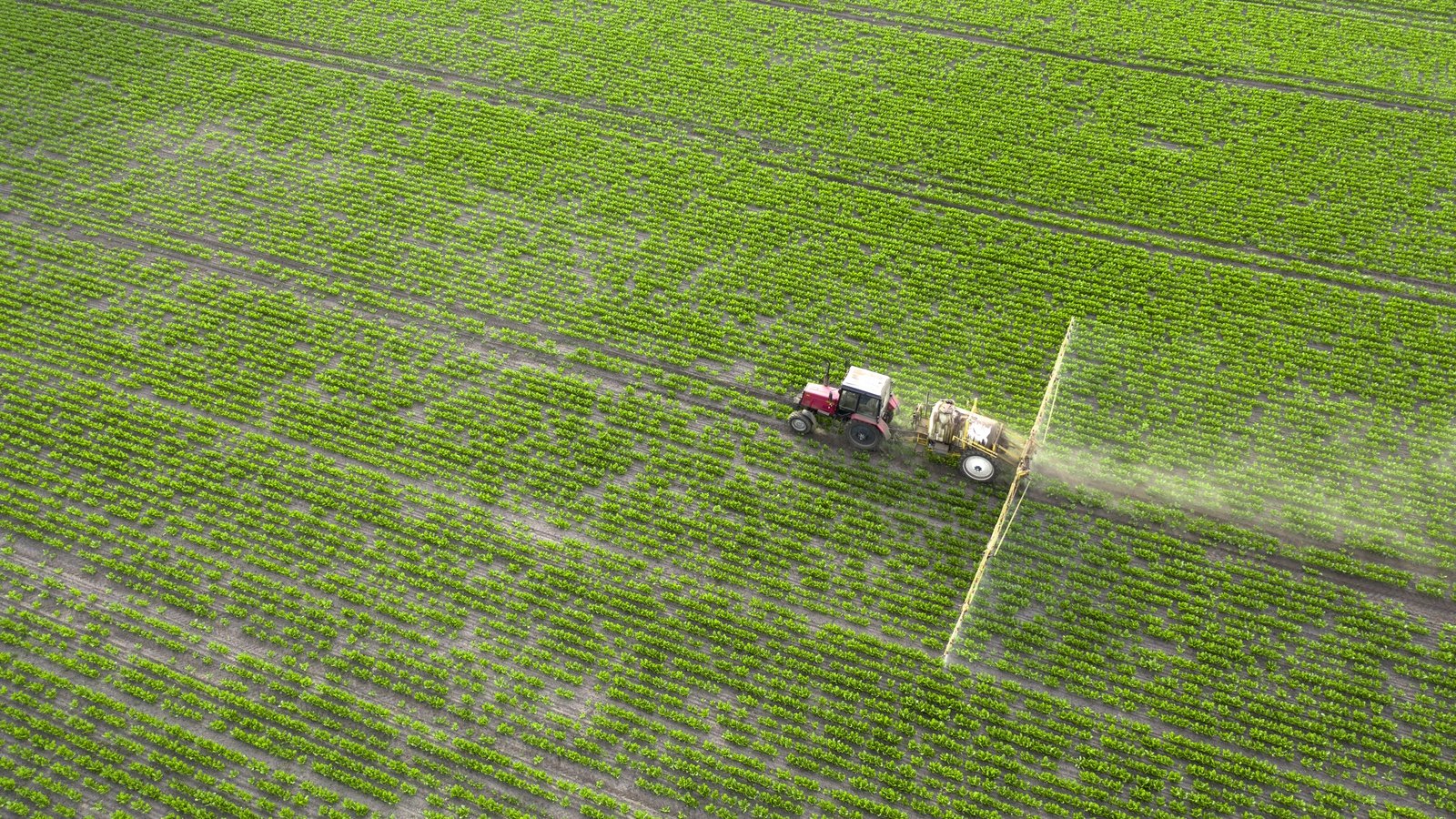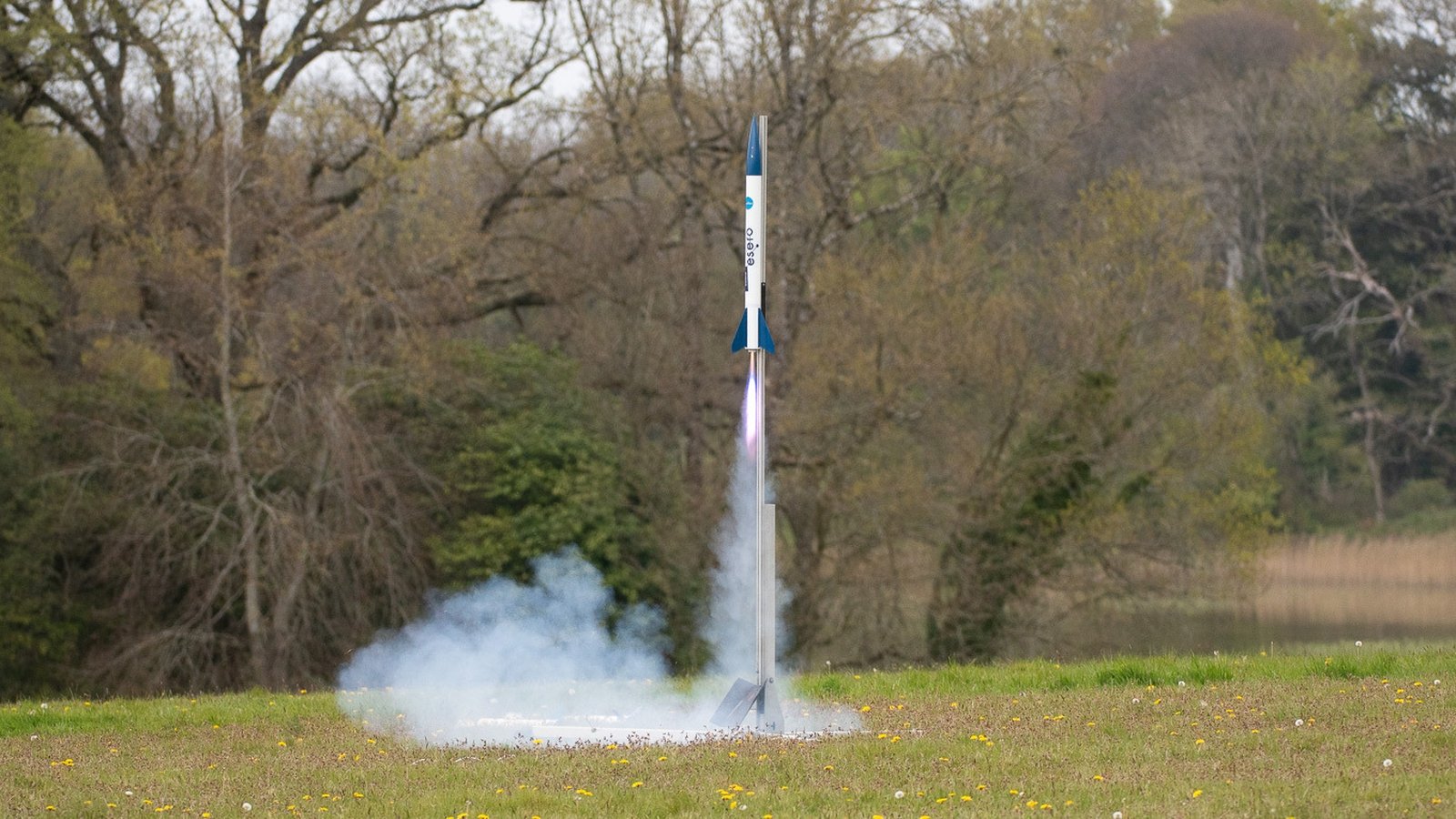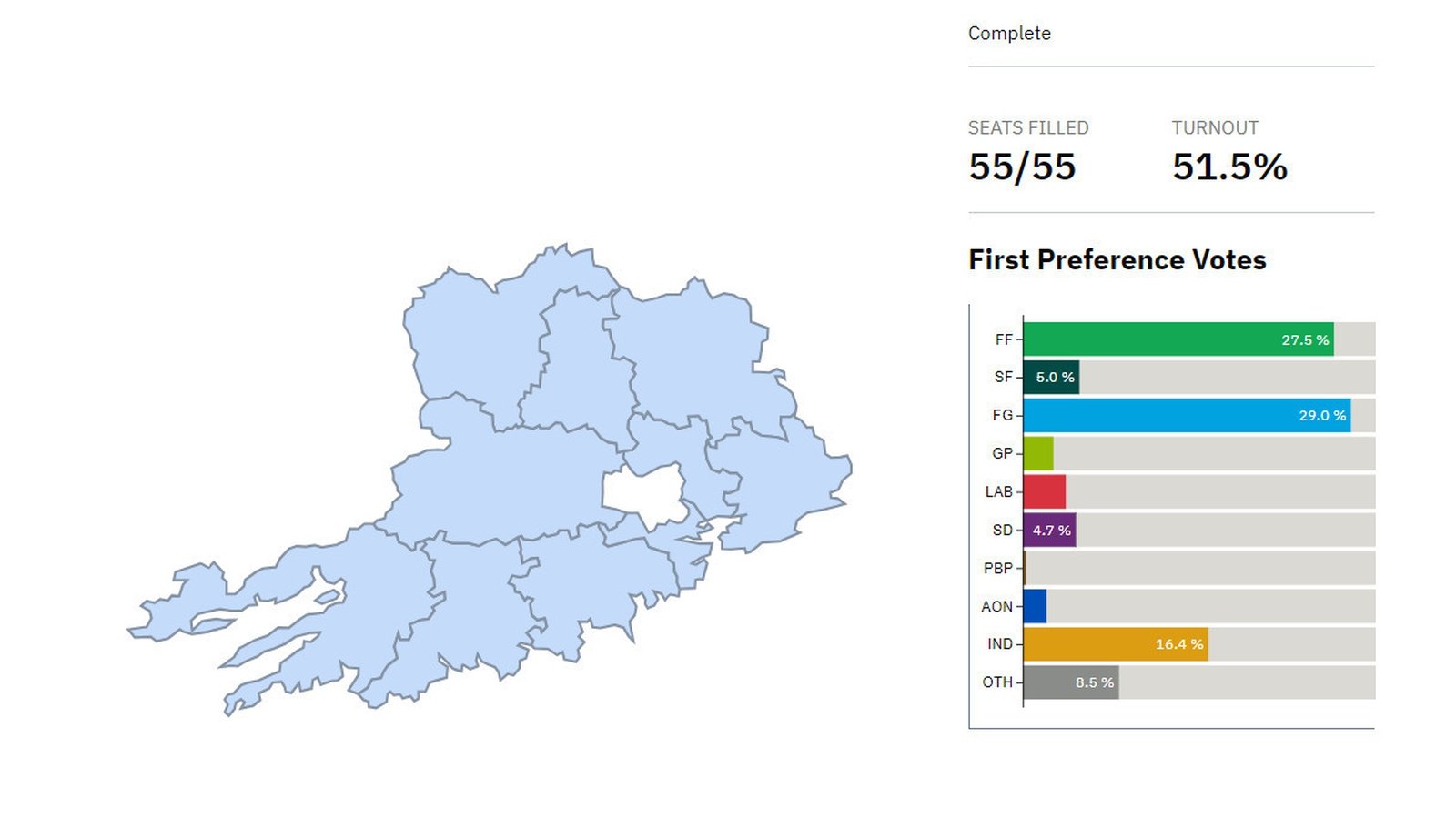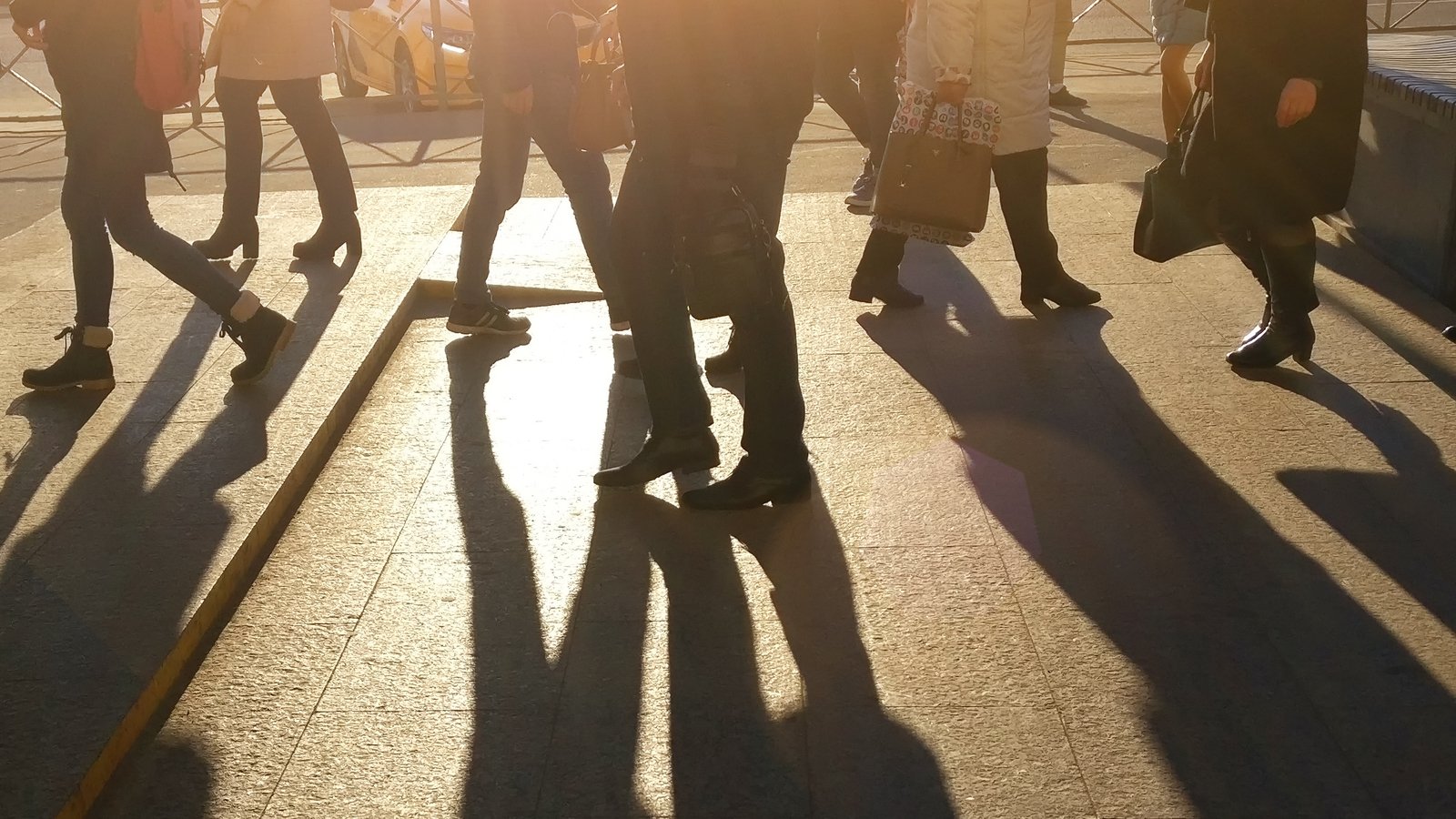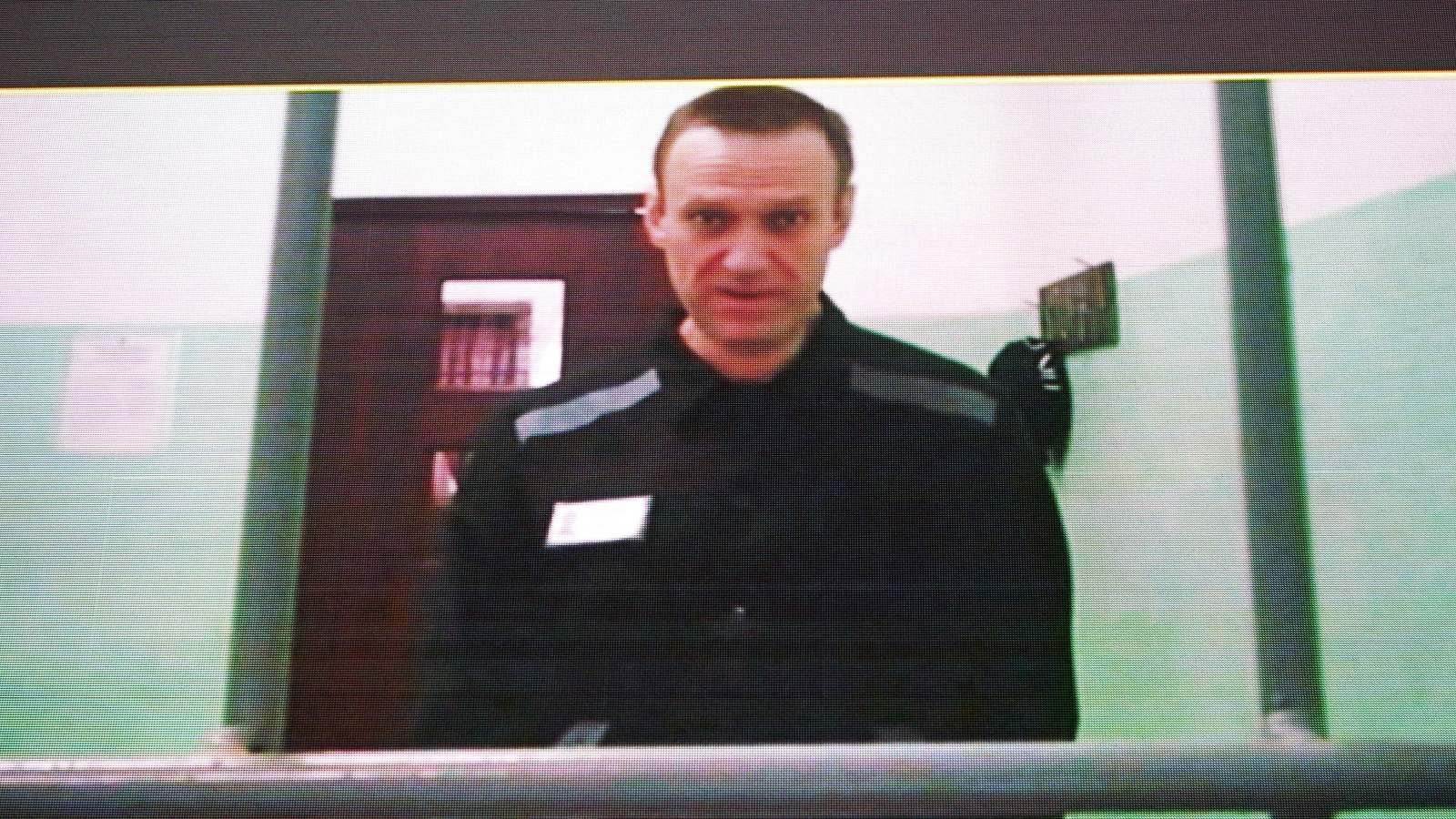‘Very dangerous’ if no Gaza ceasefire by Ramadan
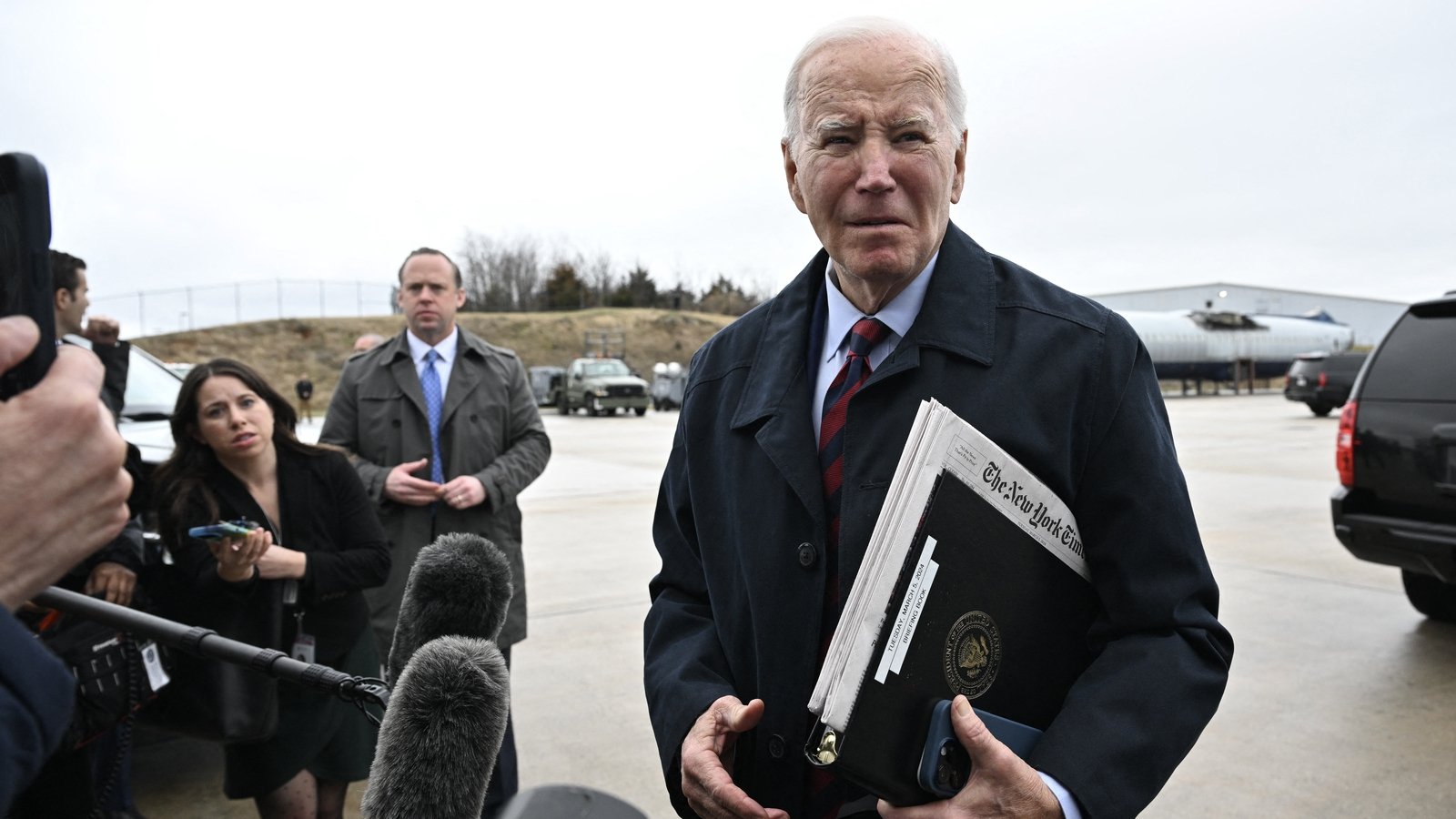
US President Joe Biden has warned of a “very, very dangerous” situation if Israel and Hamas fail to reach a Gaza ceasefire by the Muslim holy month of Ramadan.
Mr Biden added that it was up to Hamas whether to accept an offer for a six-week truce, while warning Israel there were “no excuses” for failing to allow aid into the Palestinian territory.
“It’s in the hands of Hamas right now,” Mr Biden told reporters as he prepared to fly back to the White House from the Camp David presidential retreat in Maryland.
“The Israelis have been cooperating, the offer (of a ceasefire) is rational. We’ll know in a couple of days. But we need the ceasefire.”
He added: “There’s got to be a ceasefire because Ramadan – if we get into circumstances where this continues to Ramadan, Israel and Jerusalem could be very, very dangerous.” Ramadan is due to begin at the start of next week.
Mr Biden did not elaborate, but the United States last week urged Israel to allow Muslims to worship at the flashpoint Al-Aqsa mosque compound in Jerusalem during Ramadan, after a far-right minister proposed barring Palestinians from the occupied West Bank.
The US president, who last week ordered the United States to start airdropping humanitarian relief into the besieged territory of 2.4 million people, also said he was pushing Israel to let more aid in.
“I’m working with them very hard,” he said. “We must get more aid into Gaza. There’s no excuses, none.”
Mr Biden also brushed off suggestions of tensions with Prime Minister Benjamin Netanyahu as Washington presses Israel over civilian deaths, and after one of Mr Netanyahu’s rivals in the Israeli war cabinet visited the White House on Monday.
He said their relationship was “like it’s always been.”
Gaza ceasefire talks extended in Cairo, says Hamas official
Hamas negotiators will remain in Cairo for another day at the request of mediators, keeping ceasefire talks going after two days with no breakthrough, an official from the militant group has said.
The Cairo talks have been billed as a final hurdle to reach the first extended ceasefire in the war between Hamas and Israel, a 40-day truce during which Israeli hostages would be freed and aid pumped into Gaza, ahead of Ramadan.
“The delegation will remain in Cairo on Tuesday for more talks, they are expected to wrap up this round later today,” a Hamas official told Reuters earlier.
Egypt’s Qahera television also reported the talks had been extended for a third day, but said they were “facing difficulties”.
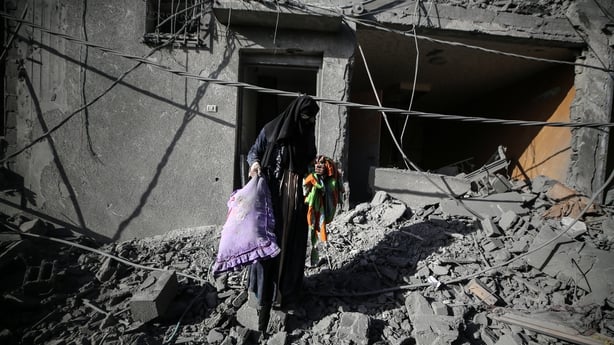
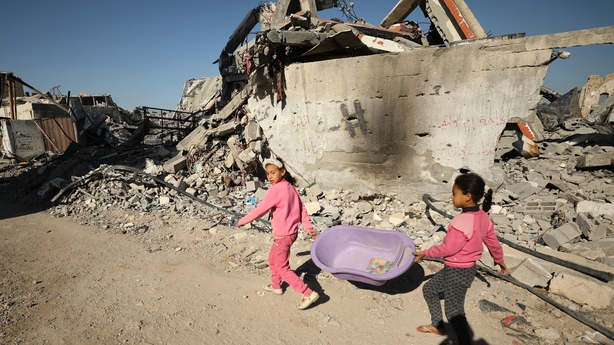
Earlier, senior Hamas official Bassem Naim told Reuters the militant group had presented its proposal for a ceasefire agreement to the mediators and was now waiting for a response from the Israelis, who have stayed away from this round.
“(Prime Minister Benjamin) Netanyahu doesn’t want to reach an agreement and the ball now is in the Americans’ court” to press him for a deal, Mr Naim said.
A senior Israeli official, asked about Mr Naim’s comments that Israel was holding up the deal, said: “The claim is incorrect.
“Israel is making every effort to reach an agreement. We are awaiting a response from Hamas.”
Israel has declined to comment publicly on the talks in Cairo.
A source told Reuters earlier that Israel was staying away because Hamas had rejected its demand to provide a list of all hostages who are still alive.
Mr Naim said this was impossible without a ceasefire first as hostages were scattered across the war zone and held by separate groups.
Egyptian security sources said yesterday that they were still in touch with the Israelis to allow the negotiations to continue without an Israeli delegation present.
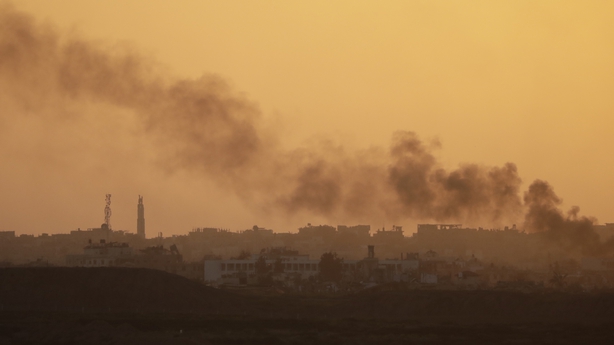
Famine is now gripping the enclave as aid supplies, already sharply curtailed since the start of the war, have dwindled over the past month. Entire areas of the territory are completely cut off from food.
Gaza’s few functioning hospitals, already overwhelmed by the wounded, are now filling with children starving to death.
WHO says child malnutrition ‘particularly extreme’ in north Gaza
United Nations organisations said that child malnutrition levels in northern Gaza were “particularly extreme” and about three times higher than in the south of the Palestinian enclave where more aid has been available.
Richard Peeperkorn, WHO representative for Gaza and the West Bank, said that one-in-six children under two years of age were acutely malnourished in northern Gaza.
“This was in January. So the situation is likely to be greater today,” he added, referring to when the data was recorded.
UNICEF spokesperson James Elder said malnutrition rates for children under five in northern Gaza, where access to aid has been highly limited since 7 October, were three times higher than those in Rafah in the south.
At least 15 children have died over the past few days from malnutrition and dehydration at Kamal Adwan hospital in northern Gaza, the health ministry in Gaza has said.
Adding to hunger, there is a growing risk from infectious diseases, with nine-in-10 children under the age of five – around 220,000 – falling sick over the last weeks, according to Mr Elder.
“That becomes the spiral that we are so fearful of: infectious diseases, lack of food, a desperate lack of clean water and ongoing bombardment and incredulously still discussion of an offensive into Rafah, which is a city of children,” he told reporters in Geneva, referring to Israel’s stated aim of rooting out Hamas battalions it says are hiding there.
“Rafah has about three quarters of a million children living there,” Mr Elder said.
Israel says it is willing to allow in more aid to Gaza through the two checkpoints on the southern edge of the territory it has permitted to open, and blames UN and other aid agencies for failing to distribute it more widely.
The aid agencies say this has become impossible with a breakdown of law and order, and it is up to Israel, whose troops have stormed Gaza’s towns and patrol them, to provide access and security for food distribution.
“The sense of helplessness and despair among parents and doctors in realising that lifesaving aid, just a few kilometres away, is being kept out of reach, must be unbearable,” said Adele Khodr, UNICEF regional director for the Middle East and North Africa.
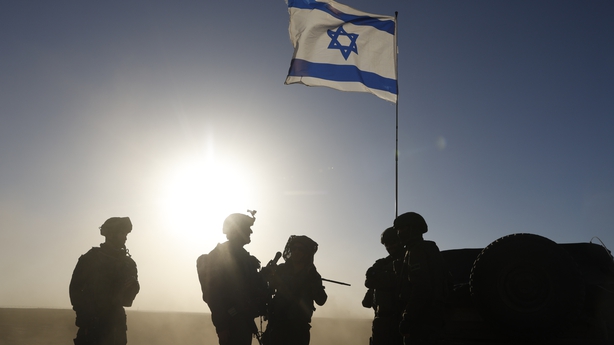
Tensions between Israel and the United Nations erupted yesterday, with Israel recalling its ambassador over the handling of allegations of sexual assault by Hamas militants during the October attack.
Israel has accused the United Nations of taking too long to respond to the claims, as the body published a report yesterday that said there were “reasonable grounds to believe” rapes were committed in Hamas’ attack.
Shortly before the report’s release, Israel said it was recalling its UN Ambassador Gilad Erdan over what it said was an attempt by the body to “silence” information of sexual violence by Hamas.
UN Secretary-General Antonio Guterres’s spokesman denied trying to suppress the report.
Israel previously accused about a dozen employees of the United Nations agency for Palestinian refugees (UNRWA) of involvement in the 7 October Hamas attack that began the war.
UNRWA is at the centre of efforts to provide humanitarian relief in Gaza, where aid groups warn of looming famine after nearly five months of war between Israel and the Islamist group.
UNRWA yesterday said members of its staff had been tortured by Israel, with Israel’s army accusing the agency of employing more than 450 “terrorists”.
UNRWA chief Phillipe Lazzarini has said that Israel provided no evidence against his former employees.
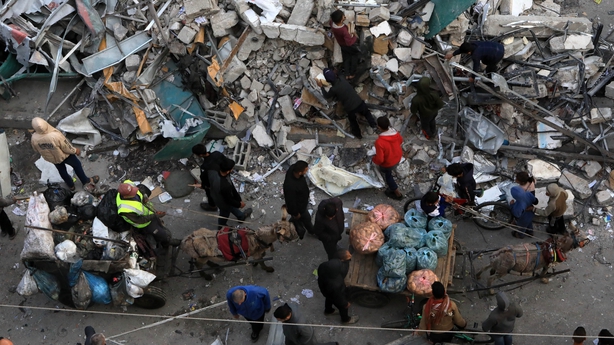
The war has sparked violence across the region, including near-daily exchanges of fire between Israeli forces and Lebanon’s Hezbollah movement.
Yesterday, a foreign worker in northern Israel was killed and seven Indian workers were wounded in a missile strike near the Lebanese border, Israeli medics said.
Israel’s army said it had carried out strikes on Hezbollah targets in southern Lebanon in response.
Hezbollah said three paramedics affiliated with the group had been killed in an Israeli strike.
Yemen’s Iran-backed Houthi rebels, who since November have fired drones and missiles at numerous ships in the Red Sea area vital for world trade, claimed responsibility for another strike.
Their claim came after marine security firm Ambrey reported a Liberian-flagged vessel was targeted and reportedly struck off Yemen.

